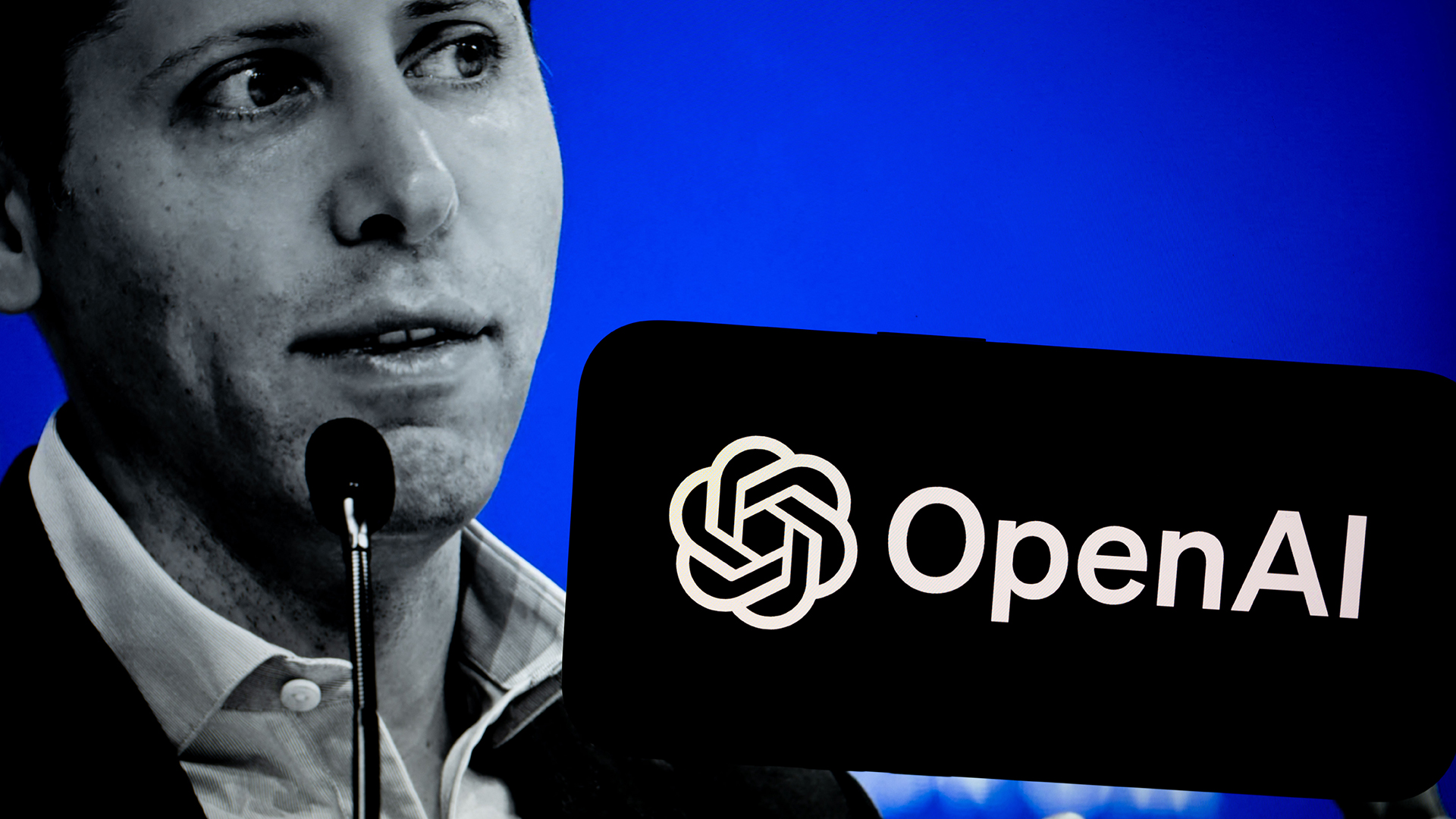The West faces “a moment of reckoning” in technology and cyber security
GCHQ director Jeremy Fleming claims that future technologies are likely to be shaped by nations like China


Western nations are unlikely to have a role in the shaping of critical technologies, such as cyber security, unless meaningful action is taken, the head of the British intelligence agency GCHQ, Jeremy Fleming, has warned.
Businesses and governments in the West face a “moment of reckoning” unless action is taken to ensure such technologies and cyber security practices aren’t defined and controlled by competing nations such as China, according to Reuters. Although the UK is currently a ‘big animal’ in the digital world, this is also something that can’t be taken for granted.
The GCHQ director, who’s occupied the role since 2017, warned in a speech that this is a moment that the UK needs to decide if it's going to continue to evolve and compete with adversaries, or relinquish control. He also warned that the UK must develop "sovereign technologies" while ramping up investment in areas such as quantum computing and artificial intelligence (AI).
His comments come amid growing concerns that countries such as China are outpacing nations like the UK and the US in terms of technological influence and power.
Fleming also pointed to an explosion of reports of state-sponsored hacking incidents, with these operations becoming far more sophisticated. Recent examples include the Russian-linked SolarWinds Orion Platform breaches, as well as the Microsoft Exchange Server attacks, believed to be perpetrated by Chinese-backed groups.
“Cyber security is an increasingly strategic issue that needs a whole-nation approach. The rules are changing in ways not always controlled by government,” Fleming said.
“And without action it is increasingly clear that the key technologies on which we will rely for our future prosperity and security won’t be shaped and controlled by the west. We are now facing a moment of reckoning.”
Sign up today and you will receive a free copy of our Future Focus 2025 report - the leading guidance on AI, cybersecurity and other IT challenges as per 700+ senior executives
He also commented on the expansion of smart city technologies, suggesting there needs to be a coordinated approach to building such systems in the UK that takes into account innovation as well as privacy. If this is done in the right way, it represents a “fantastic opportunity” to increase the efficiency and quality of public services.
"If we don't control the technology,” he warned, “if we don't understand the security required to implement those effectively, then we'll end up with an environment or technology ecosystem where the data is not only used to navigate, but it could be used to track us".
He stressed that in smart cities, and other areas such as 5G infrastructure, the UK needs to ensure a diversity of suppliers. This was a coded reference to a previous overreliance on networking technologies developed by Huawei.
In November last year, the government told telecoms providers to stop installing Huawei equipment in 5G networks from September 2021. Companies also have a deadline of 2027 to strip out Huawei components that have already been installed in 5G networks.

Keumars Afifi-Sabet is a writer and editor that specialises in public sector, cyber security, and cloud computing. He first joined ITPro as a staff writer in April 2018 and eventually became its Features Editor. Although a regular contributor to other tech sites in the past, these days you will find Keumars on LiveScience, where he runs its Technology section.
-
 2025 marked the beginning of the end for OpenAI
2025 marked the beginning of the end for OpenAIOpinion OpenAI has its fingers in too many pies and it’s rapidly losing favor with consumers and enterprises alike
-
 Will 2026 be another challenging year for technology?
Will 2026 be another challenging year for technology?Feature SMBs will be looking at how they can prepare for the challenges ahead, from global regulations to AI implementation to digital IDs…